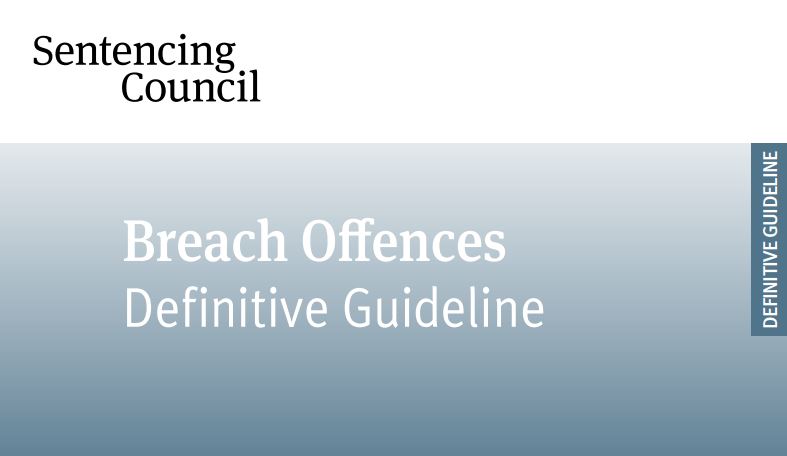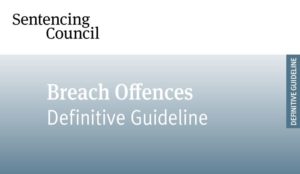There are two distinct criminal offences of harassment. One is of harassment putting people in fear of violence and one without.
Stalking is a similar but separate offence and is not covered in this article.
You can, however, read more about the offence of stalking here.
What does an allegation of harassment involve?
There has to be a course of conduct. This can, however, involving as few as two incidents directed towards another person or persons.
The dictionary definition of harassment is to “torment by subjecting to constant interference or intimidation”.
The law, though, does not provide a comprehensive definition. As a result there are many actions that could be foreseen to alarm or cause a person distress that would not constitute harassment.
Alternatively, the cumulative effect of a number if incidents that on their own might not be unlawful could con
The offence is aimed at conduct that alarms or causes a person distress and which is oppressive and unreasonable.
What do the prosecution have to prove for harassment?
- That there is a course of conduct
- which amounts to harassment of another, and
- which the defendant knows, or ought to know amounts to harassment of another.
Additionally, for the more serious offence the prosecution has to prove:
- that the course of conduct causes another to fear that violence will be used against him; and
- that the defendant knows or ought to know that his course of conduct will cause another to fear that violence would be used against him
How would I know it is harassment?
The test of whether you ought to know that the course of conduct amounts to harassment is whether a reasonable person, in possession of the same information, would think the conduct amounted to harassment.
The same test applies in respect of fear of violence.
Are there any time limits for bringing a prosecution?
At least one of the incidents has to have occurred within six months of the charge for the basic offence without violence. There is no such time limit for the aggravated offence.
What about defences?
There are three available defences for the basic offence:
- that the course of conduct was for the purpose of preventing or detecting crime
- that it was conducted under a rule of law
- that it was reasonable in the circumstances.
Additionally, it is a defence for the more serious offence if the course of conduct was reasonable for the protection of the defendant or another, or for the protection of their or another’s property.
What sentence could I get for harassment?
For the offence without violence, the basic offence of harassment, up to six months imprisonment can be imposed. This increased to 2 years if the offence is racially aggravated.
For the more serious offence involving fear of violence the maximum sentence was 5 years and is 10 years for offences committed on or after 3rd April 2017. Again, this is increased where the offence is racially aggravated to 7 or 14 years, again dependent on the date of the offence.
Restraining Orders
A restraining order can also be imposed. The aim of such an order is to protect the victim of the offence from further incidents, contact or risk of violence.
Such an order can prevent contact with the victim and provide for an exclusion zone around their address. A restraining order can be imposed even if you are acquitted of the offence.
How we can assist
The law in respect of harassment and the potential defences is complicated, and there are other specific offences of harassment (for example of debtors) that are not covered in this article.
As a result, if you are arrested or know that the police wish to speak to you about an offence then make sure you insist on your right to our free and independent legal advice.
The advantages of such early legal advice can be found here.
If you have already been interviewed or face court proceedings we can still make a real difference to the outcome of your case. Legal aid may well be available to fund your defence at court.
You can find your nearest office here.

Alternatively you can use the contact form below:








